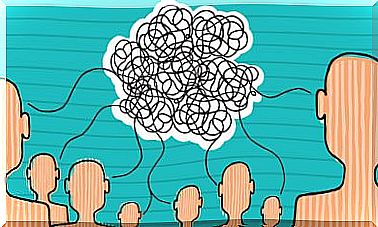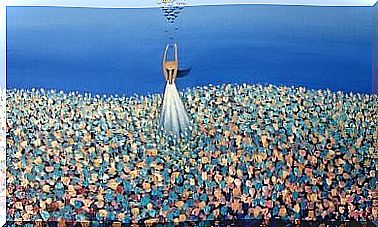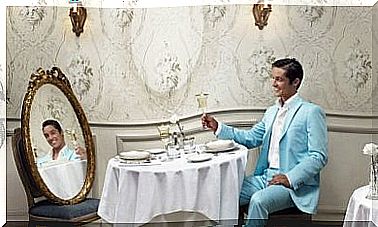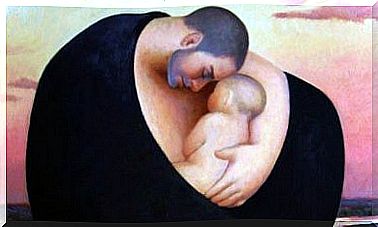Sibling Rivalry
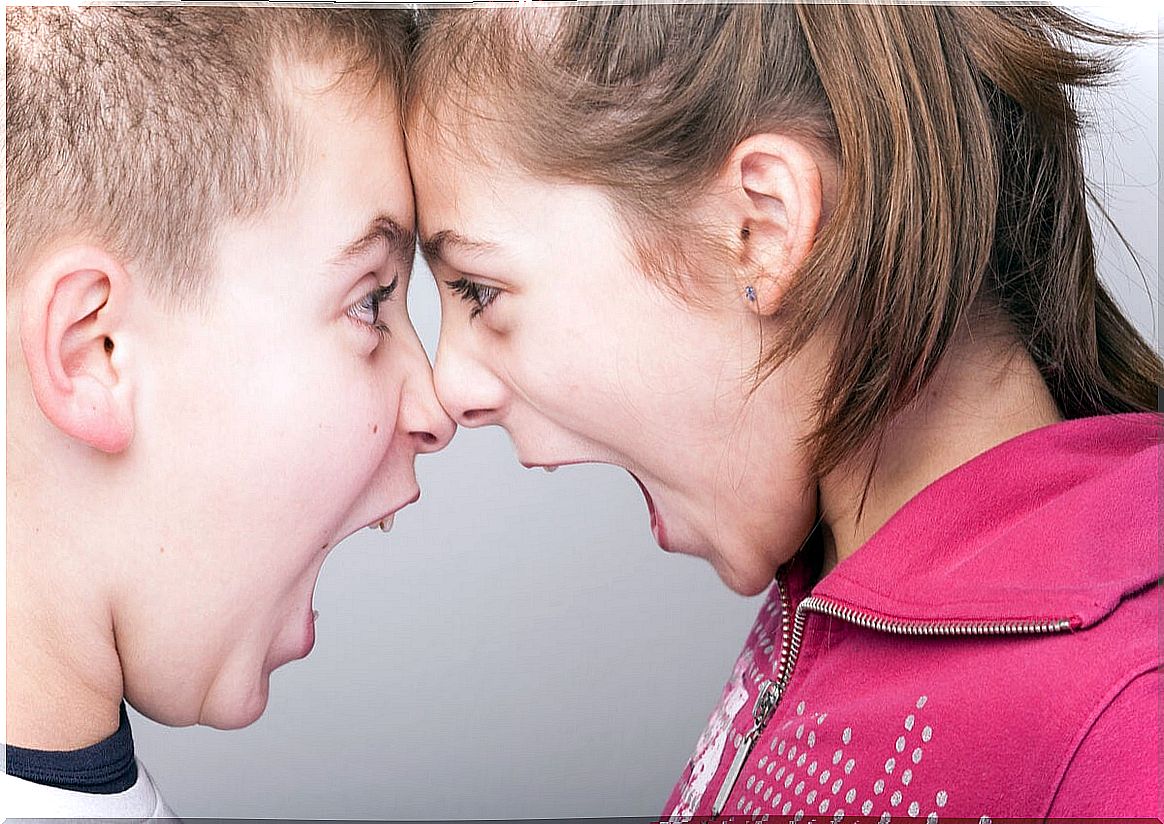
Fraternal rivalry and competition is one of the most analyzed topics in family systems, in addition to the couple and the family in general. Although it is a topic observed and developed in psychotherapy, and widely spoken by people, in general little has been written about it and it has not been sufficiently investigated in terms of scientific literature.
Most authors agree that there are two feelings that are the motor of the dispute in relational games that mostly develop between siblings: envy and jealousy.
In the discussions and other belligerents that unfold in the fratria, different conflictive situations are generated that are expressed through anger, shouting, insults, explosive rejection, among others. These dynamics also lead to different triangulations with the parents who are involved, forming various coalitions, alliances and various types of problematic relational games. Let’s go deeper.
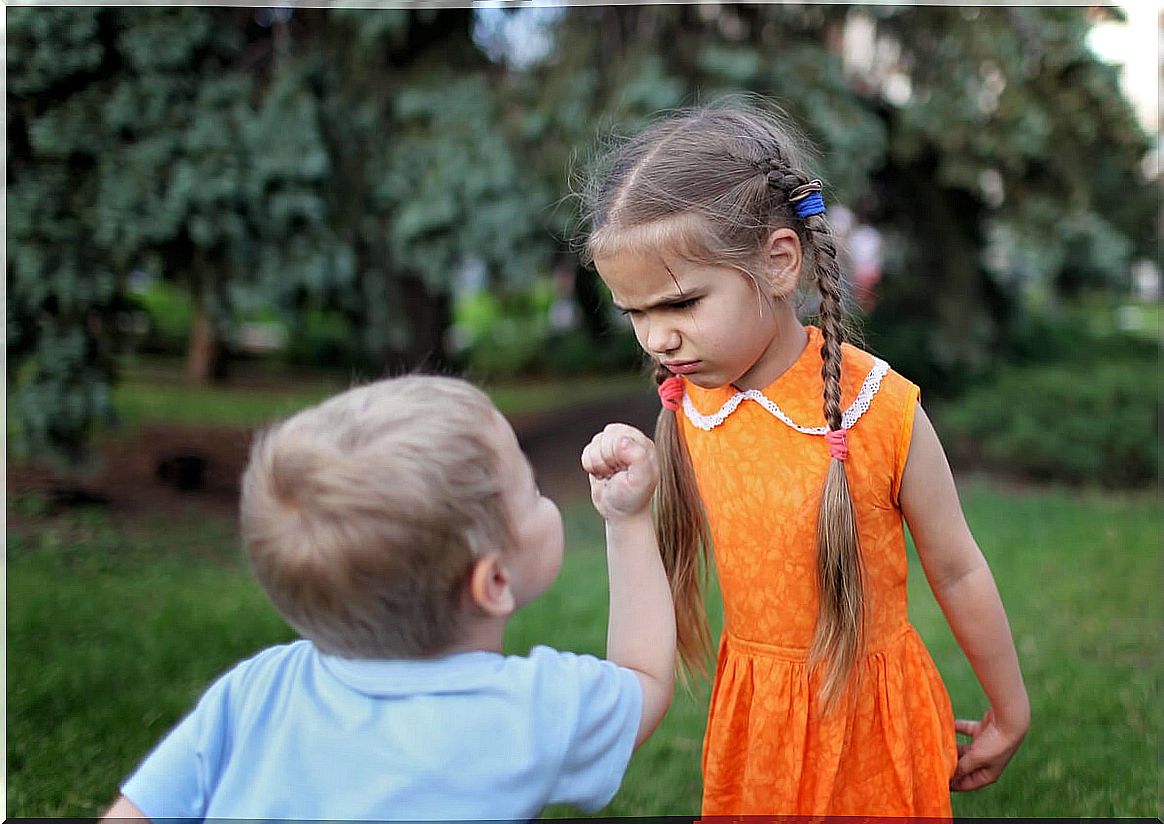
The Stereotypes and Generalizations Trap
When it comes to sibling competition, one falls into the stereotype of analyzing the order of the sibling sequence.
Thus, we speak of the eldest son, the one who suffers the consequences of the mistakes of inexperienced parents and is characterized as a figure in whom too much responsibility and demand falls; above all because of the idea that he has to set an example for his siblings, when they are not left in his care.
On the other hand, when the middle son is described , it is indicated that he pivots between the older brother and the youngest. He finds himself with the predilection of the father and the mother for the older brother and the overprotection that they exercise with the minor, which is why the middle child is annulled and devalued, with little chance of getting ahead and growing.
Finally, the youngest son, who is always the overprotected of parents and older siblings, never gets to be taken as an adult despite having grown up. He will always be taken as Josecito, Carlitos, Juanito, etc., that is, with a diminutive that seals the image of the immature in his name.
These stereotypes are products of a very superficial reading of the interactional game of the brothers. Therefore, they are a partially or absolutely inefficient interpretation. In principle, because each family is a universe of meanings and has its particularities, culture, beliefs, values, rules, ideas, way of facing situations, communicational style and ways of expressing affection.
So, the interpretations made of each brother according to his sequence of birth are very relative and do not lead to good results.
Parents are not the same with all their children
On the other hand, it must be borne in mind that parents are not the same with each of their children. Although they preserve their identity over the years, evolutionary cycles, life experiences, coexistence in marriage and family, bring different ways of thinking and feeling, reasons why the upbringing that develops with each one of the sons has a similar edge, but with quite a few differences.
Many of them have passed the test of being first-time parents and possibly the oldest has paid the price of inexperience, with which parenting towards the rest of children has more flexible or simply different attitudes. Be that as it may, the raising of each child is an absolutely unique and incomparable particular event.
Let us bear in mind that an older child grows up for a certain period of time only with their parents, without siblings, while the rest of the children grow up with parents shared with their siblings.
Not to mention if the family has changed its economic status; there are children who grow up with a series of advantages that others do not have and this fact also defines ways of thinking and acting.
Fantasies, expectations and reality about the relationship between siblings
Very often parents fantasize that their children will be loving and responsible to each other, that they will be friends for life and that they will be united forever. However, this idealized scenario seldom materializes.
For example, this course is observed in some children facing the birth of a sibling. Together with the love illusion, the joy and the surprise of the birth of the brother, in parallel a row is simmered that sometimes remains between teeth and others is clearly manifest.
Thus, sibling rivalry can be defined as a set of hostile emotions, thoughts and behaviors that some children experience in front of one of their siblings and that emerges on a painful and distressing basis.
The presence of sibling rivalry always implies a particular form of suffering that can be expressed in multiple ways, some more masked and others more obvious or treacherous. From aggression and violence, intolerance, irritability, easy explosiveness or disqualification of the achievements of the other to behaviors to attract parental preference.
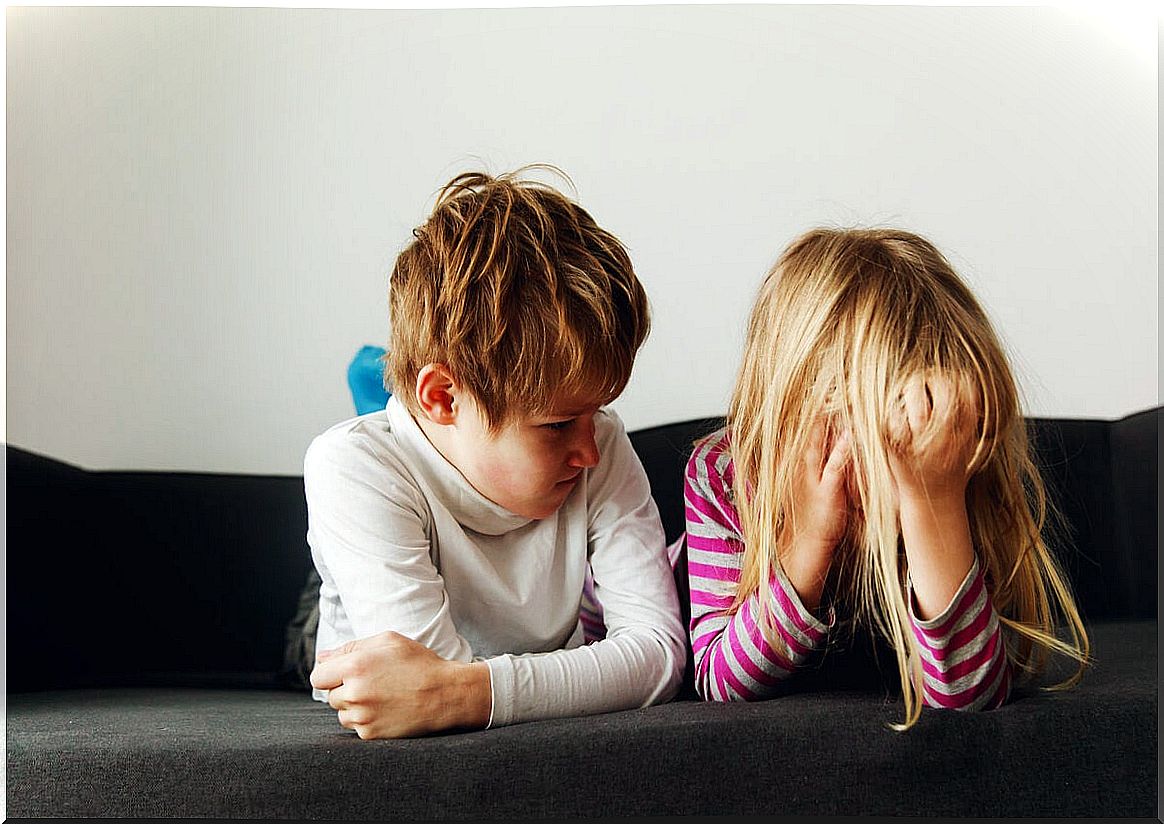
Sibling rivalry: between jealousy and envy
Sibling rivalry and competition is likely to occur through two basic emotionalities: jealousy and envy. Each of them concerns two different relational aspects: while in envy the relationship is between two people, in jealousy it is a game of three.
In these dynamics, triangle games are fatal. Alliances are established that become a coalition against a third party. The famous two against one, in which the third must endure the segregation and disqualification of the other two: fights, mistreatment, insults, manipulations, ironies, provocations, among others. Definitely a toxic game.
Many of the rivalries between siblings are produced by the intermediation of the parents. Some children feel that the parents or specifically the father or mother prefer one of their siblings. This favoritism can occur and not necessarily explicit, because parents always state that “the children are all the same”, in the attempt to be equitable even in affective nutrition.
However, there are parents who show a predilection for one of the children and this favors rivalry between siblings, who initiate a dispute over the “scepter”. Also these triangles are shown in reverse. An overvalued child is neglected by the parents because “he can alone” and the focus of attention is occupied by the sibling with difficulties.
The envy
If there is something that envy does not respect, it is distance or emotional closeness. Sibling envy is doubly a bet on those dark feelings. In the face of a successful brother, the envious brother wants to possess what his “adversary” achieved or for the things that his brother has achieved to happen to him: win the trophy, win the title, score the goal in the game, seduce that girl , etc.
This dark feeling is triggered because the achievements and successes of the brother show the envious one’s own inability or aptitude for that achievement. Then, this initiates a series of disqualifications to the envied in the attempt to destroy him, because he feels so tiny, so powerless in the face of the success of the other, that he needs to undermine him until he reduces it and “let him on his knees” to feel superior.
But envy is not only coveting what others have, which is quite natural (especially when one has little of what is coveted), but what most and best characterizes true envy is the desire that, in this case , the envied brother does not have what he has, that his success is not real. Understood in this way, it is possible to conclude that envy is the mother of resentment, a feeling that does not seek to make one do better but to do worse.
In this envied and envious sibling rivalry, the envious becomes a satellite of the envied and carries inside his pain, since if he made it explicit it would be to declare his inferiority.
Then there are disqualifications, expressions of anger that do not focus on the issues that the envious person envies, but on other situations that act as a trigger to express the accumulated anger. The scene gets complicated when the parents mediate and immediately fall into the triangulation trap.
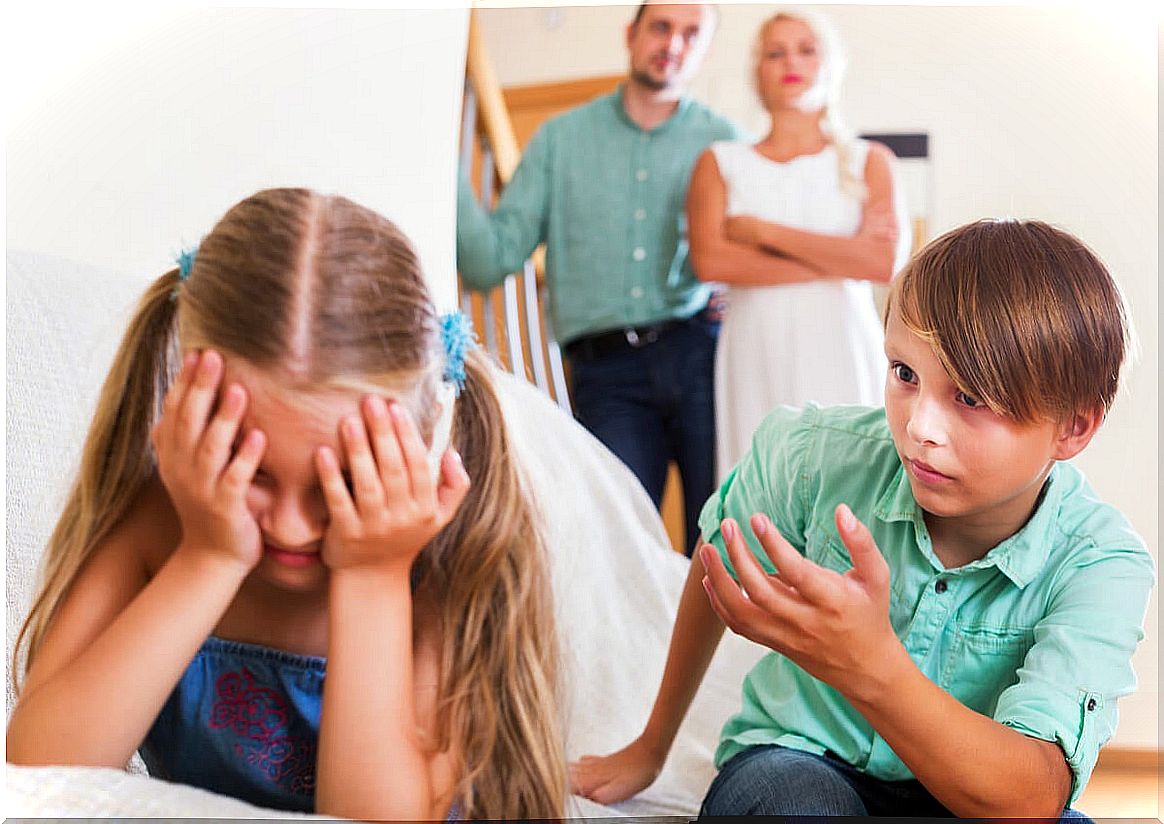
Jealousy
In the jealous rivalry relationship, the children compete for the possession of the parents and this possession translates into the attention and time devoted to expressions of affection and approval.
As we have said, an example of a relationship of three is jealousy. A relationship of two is interfered with by a real or imaginary third party, in which one of the two feels relegated because he believes that the other is linked to another person outside the pair. This game generates anguish, aggression, guilt, anger, despair and other polluting feelings.
The jealous brother limits his perception to evaluate the affective expressions of the parents. From his point of view, these will almost always be approving for the jealous brother and deficient for himself. On the other hand, it does not attack or question the parents for their perception that they have a predilection for another sibling – be it fantasy or reality. Instead, he turns his resentment and anger on the “favorite brother.”
One of the prototypical rivalries is the jealousy felt by the son who has monopolized the love of his parents, for the birth of his brother given that, for a matter, among other biological reasons, the newcomer will need higher levels of attention (feeding, elderly care, hygiene, etc.) that any newborn has.
That rivalry for the affection of the parents from the birth of his brother, can be expressed in different ways through different behavioral forms. Many of these children feel guilt for these mixed feelings, in which love for the new brother and anger coexist because he “usurped” his place.


